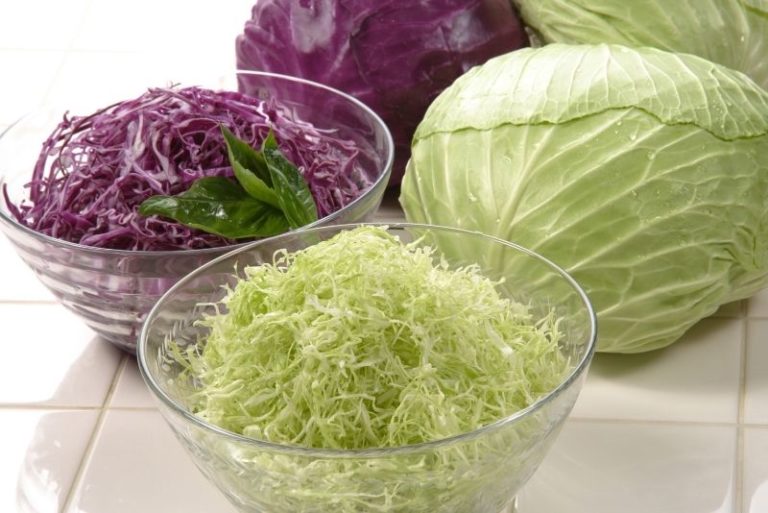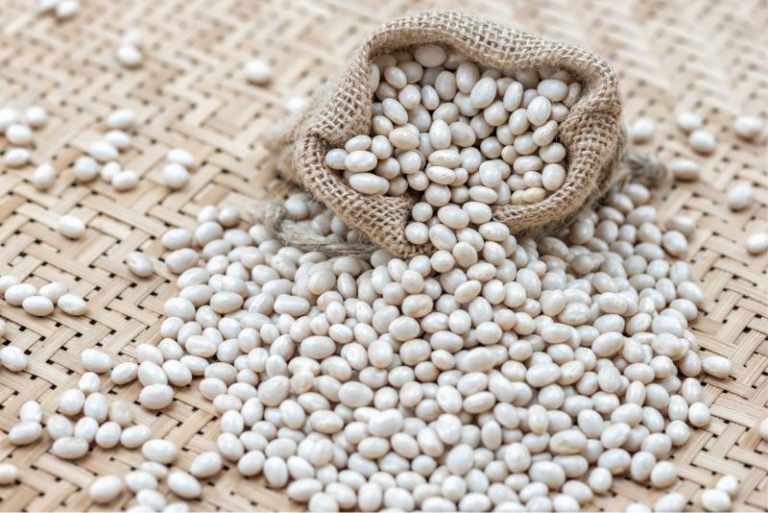Cooking Tips, Food Guides, Substitutes, and More by Sara
Hi, my name is Sara, and I’m a passionate home cook dedicated to providing helpful tips and recipes to fellow foodies. With my blog, I hope to share my extensive knowledge of cooking techniques, food substitutions, and recipes from all over the world.
No matter where you are in your culinary journey – whether you’re an experienced home cook or just starting out – I’m here to help you become a better, more confident chef.

As Seen On

















